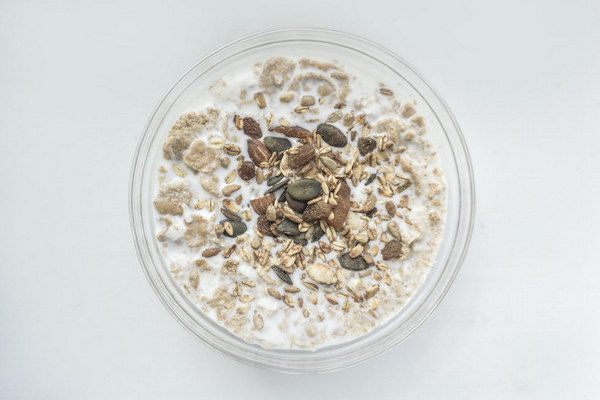Winter Supplements Are They Necessary
As the temperatures drop and the winter season approaches, many people start contemplating the idea of winter supplements. But are they really necessary? In this article, we will explore the benefits and drawbacks of taking supplements during the cold months and help you make an informed decision.
Winter supplements are designed to boost the body's immune system, enhance energy levels, and support overall health during the colder months. These supplements often include ingredients like vitamin D, vitamin C, zinc, and omega-3 fatty acids. Let's delve into the reasons why some people might consider taking these supplements and the potential benefits they offer.
1. Vitamin D deficiency
One of the primary reasons people opt for winter supplements is the risk of vitamin D deficiency. During the winter, the sun's rays are weaker, making it more difficult for the body to produce sufficient vitamin D. This deficiency can lead to weakened bones, fatigue, and a higher risk of infections. Taking a vitamin D supplement can help ensure that you're getting enough of this essential nutrient, especially if you spend a lot of time indoors.
2. Enhanced immune system
Winter is the season when colds and flu outbreaks are more common. Supplements like vitamin C, zinc, and echinacea are known to support the immune system and reduce the duration and severity of these illnesses. While these supplements might not prevent infections entirely, they can help you stay healthy and recover more quickly when exposed to pathogens.
3. Energy boost

Winter can be a challenging time for some people, as the cold weather and shorter days can lead to a lack of energy. Taking a multivitamin or a specific supplement like omega-3 fatty acids can help provide a natural energy boost. Omega-3s, in particular, have been shown to improve mood and cognitive function, which can be beneficial during the darker, colder months.
4. Nutritional deficiencies
Some individuals may have difficulty obtaining all the necessary nutrients through their diet during the winter. This is especially true for those who have dietary restrictions or limited access to fresh, seasonal produce. Supplements can help fill in the gaps and ensure that your body is receiving the nutrients it needs to function optimally.
However, before jumping into winter supplements, it's essential to consider the potential drawbacks:
1. Overdosing
Taking too much of a supplement can be harmful. For example, excessive vitamin D intake can lead to kidney damage, while an overdose of vitamin C can cause gastrointestinal issues. It's crucial to follow the recommended dosage guidelines and consult with a healthcare professional if you have any concerns.
2. Interaction with medications
Some supplements may interact with medications you're currently taking. It's important to inform your doctor or pharmacist about any supplements you plan to take to ensure they won't interfere with your existing treatment plan.
3. Cost
Supplements can be expensive, and for some, the cost might not be justifiable. It's essential to weigh the potential benefits against the cost before deciding to take winter supplements.
In conclusion, winter supplements can offer numerous benefits, such as supporting the immune system, boosting energy levels, and addressing nutritional deficiencies. However, it's important to consider the potential drawbacks and consult with a healthcare professional before starting any new supplement regimen. By making an informed decision, you can determine whether winter supplements are necessary for your health and well-being.









